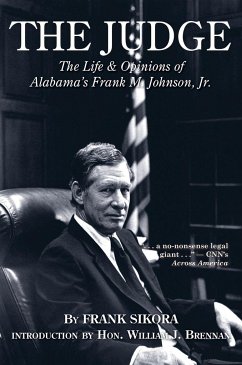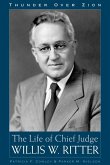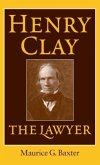The decisions of Frank M. Johnson, Jr., a federal judge in Montgomery, shaped the civil rights movement from the Bus Boycott of 1955 to the Selma March of 1965, and desegregated schools, colleges, police forces, state employment, and other Southern institutions.
Dr. Martin Luther King, Jr., led the black drive for civil rights, but the changes he sought came largely in legal opinions issued by federal judges. Foremost of these was Frank Minis Johnson, Jr., of Montgomery, Alabama, who presided over some of the most emotional hearings and trials of the rights movement-hearings brimming with dramatic and poignant testimony from the black people who cried out for the freedoms that are the legacy of all Americans. Beginning with Judge Johnson's coming-of-age in the hill country of Winston County, Alabama, this book covers many of his notable cases: the Montgomery Bus Boycott, the Freedom Rides, school desegregation, the Selma-to-Montgomery march, and the night-rider slaying of Viola Liuzzo, as well as Johnson's work for prisoners, women, and the mentally ill. Much of the book is comprised of interviews and direct quotes from Johnson himself, making this recounting of Judge Johnson's life dynamically autobiographical. Includes a new introduction and afterword by the author, Frank Sikora.
Hinweis: Dieser Artikel kann nur an eine deutsche Lieferadresse ausgeliefert werden.
Dr. Martin Luther King, Jr., led the black drive for civil rights, but the changes he sought came largely in legal opinions issued by federal judges. Foremost of these was Frank Minis Johnson, Jr., of Montgomery, Alabama, who presided over some of the most emotional hearings and trials of the rights movement-hearings brimming with dramatic and poignant testimony from the black people who cried out for the freedoms that are the legacy of all Americans. Beginning with Judge Johnson's coming-of-age in the hill country of Winston County, Alabama, this book covers many of his notable cases: the Montgomery Bus Boycott, the Freedom Rides, school desegregation, the Selma-to-Montgomery march, and the night-rider slaying of Viola Liuzzo, as well as Johnson's work for prisoners, women, and the mentally ill. Much of the book is comprised of interviews and direct quotes from Johnson himself, making this recounting of Judge Johnson's life dynamically autobiographical. Includes a new introduction and afterword by the author, Frank Sikora.
Hinweis: Dieser Artikel kann nur an eine deutsche Lieferadresse ausgeliefert werden.








